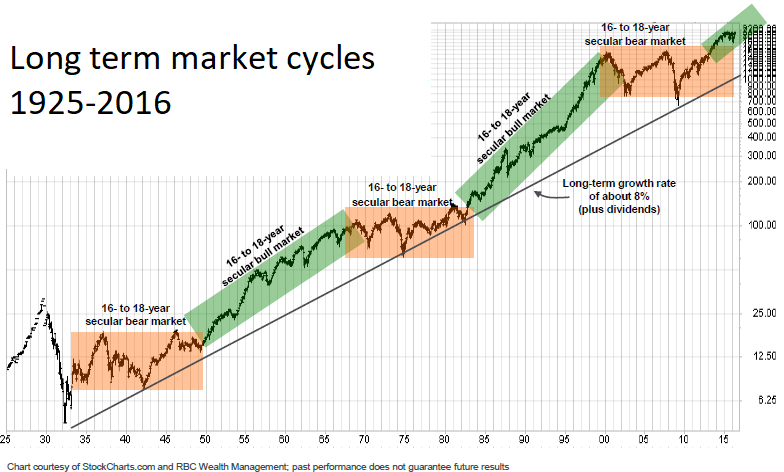TheMotorcycleBoy wrote:As a newbie, i.e. I have not been involved in private investing long enough to experience full bull/bear cycles etc.
But, hopefully, I ain't stupid

so I want to run a theory past you lot.
Surely, if there is an equity sell out, and I mean a big sell out, don't the sellers of the equity need some where vaguely tempting to place their money instead?
Do we actually have such places today in the UK?
Apparently (and I'm just stating what I've recently read etc.) "the smart money flees to quality", and often this is UK gilts. But yields on them are pathetically low (1.3% ish?), as are any kind of saving account rates. O.k. perhaps the clever money buggers off abroad.....what now? The £ is very weak and so presumably buying US/European assets in pricey, and so surely the people potentially selling up their UK equity, have precious few options.
So how can today's scenario possibly map to previous ones, where presumably more attractive alternatives existed.
Just my newbie take on things - opinions, comment welcome!!
Matt
You are thinking early 20th century.
Since then we have had computers and derivatives.
Depending upon the structure of the investment there are many ways in which a portfolio could be managed.
e.g. a UK focused fund might have a core holding of blue chips and a series of traders whose jobs may include such things as providing protection via hedges in say options, other folk may be purely there to day trade equities and equity derivatives, or if the fund allows it, currencies and derivatives etc etc.
Although if you look at the the index you will see substantial price falls in the last quarter, particularly if a US based fund, but its likely that the trading desks of these funds have produced substantial profits shorting the market, either by borrowing stock or by various derivatives.
Trading desks are there to make money whether the market goes up or down, they often struggle the most when the market is flat.
Thinking about selling generating large piles of cash is not entirely wrong, but the mechanics are often more complicated and it may be that there is no selling of core holdings or there might be substantial selling if the fund managers have a potential better home for the the money of if they want to lock in gains.
All of this is very competitive and if a fund manager, traders etc does not perform he or she will expect to get fired with some companies like Goldman routinely firing 10%-ish of their staff every year no matter how well the overall business is doing.
If your good in the markets then a career in trading/investing can be very rewarding, if your not or you have a bad year it is a very unforgiving environment.
Most private investors are still wedded to techniques that were developed in the pre-derivative world where long term buy and hold was the only practical tactic. Over long periods such folk generally do well, but to make substantial money over much shorter terms requires in my humble opinion a very different set of tactics and is substantially more difficult with most folk who try failing. Even the folk who get professional training often struggle and leave to do something else.
If all of this stuff was easy lots of folk would do it, but it isn't and I don't encourage anyone to try, but for some people it is the perfect way to make money.
Regards,

